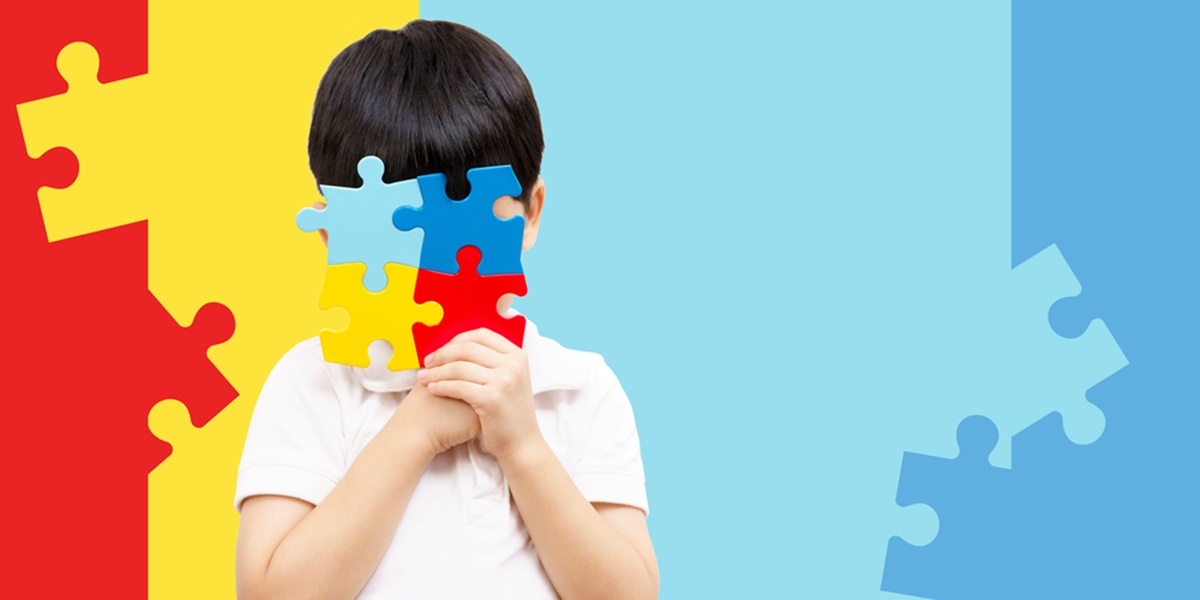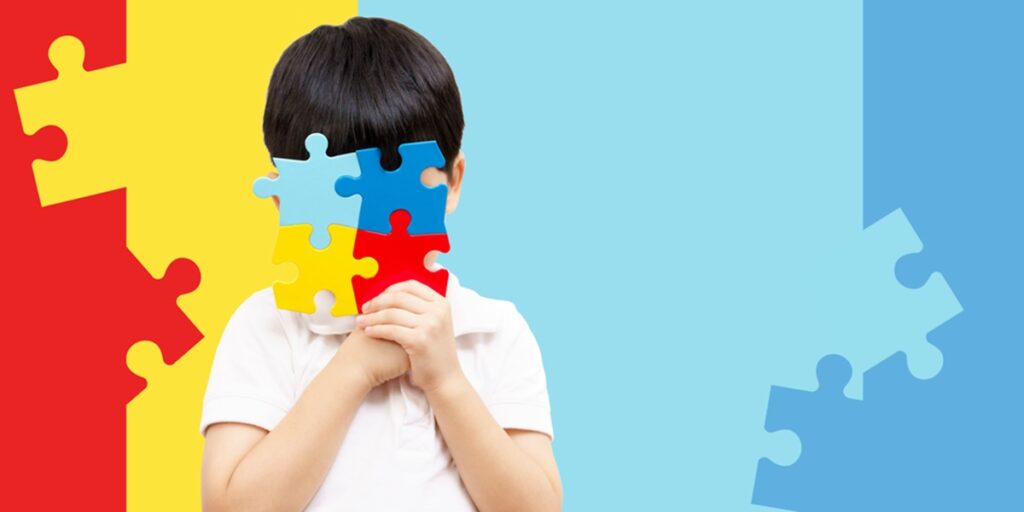
Source : Registered Clinical Psychologist, Yiu Fong Lee
Many parents experience headaches when their children have trouble sleeping at night. This could be because the children either refuse to sleep or insist on having their parents with them while they sleep. Some children even wake up in the middle of the night and cry unless they find their parents. What methods can help children learn to sleep better or fall asleep on their own?
First, parents need to understand that a child’s poor sleep habits or refusal to sleep can create a vicious cycle of excessive dependence on parental comfort. In this cycle, children require things like being patted, held, or soothed by their parents in order to feel sleepy. Parental presence and soothing become prerequisites for their sleep, and without these conditions, children may wake up in the middle of the night and seek their parents.
Therefore, it’s important to help children learn self-soothing techniques or to teach them how to fall asleep independently. Research indicates that around three-month-old infants gradually begin to develop the ability to self-soothe. By about nine months of age, 50 to 80% of infants can sleep through the night. Parents should have confidence in their child’s ability to self-soothe and fall asleep on their own, and they can assist in this process.
However, what we need to help them develop is to establish a bedtime routine, including the bedroom environment. It’s best to have a completely dark room because darkness stimulates the production of melatonin, a substance in our brain that helps us feel sleepy and speeds up our sleep. Secondly, we should try to establish a specific bedtime ritual for the child, which could involve cuddling them to sleep, singing, giving a massage, or telling a story – but it should be just one designated activity. You can discuss with the child what this designated activity should be, something they would enjoy. Every night at that time, we perform this designated activity, then turn off the lights and go to sleep. This designated activity will signal to the child’s brain that it’s almost time to sleep.

Thirdly, it’s important to remember that blue light can have a significant impact on children. Blue light can disrupt the secretion of melatonin in our brains, which can affect sleep and lead to insomnia or poor sleep quality. Therefore, parents should ensure that there are absolutely no electronic devices in the bedroom, and children should not be allowed to use any electronic devices in the hour leading up to bedtime. This can help children sleep better.

The fourth method is controlled comforting. This method involves providing comfort to the child but gradually reducing the comforting time as they grow older. For example, you can engage in a conversation with the child, saying, “I’ll stay with you for 5 minutes, and then Mommy will leave. After 5 minutes, I’ll come back to check on you. If you can try to close your eyes and stay quiet here, Mommy will give you a kiss.” Then, slowly increase the time before leaving the room, maybe 5 minutes, 10 minutes, or 15 minutes, allowing the child to gradually learn to fall asleep on their own and develop self-soothing abilities.
What should we do if the child wakes up in the middle of the night and seeks their parents’ presence? The same principle applies here: stay with the child for a while and then encourage them to fall asleep independently. If possible, keep extending the time until they can fall asleep on their own.
























